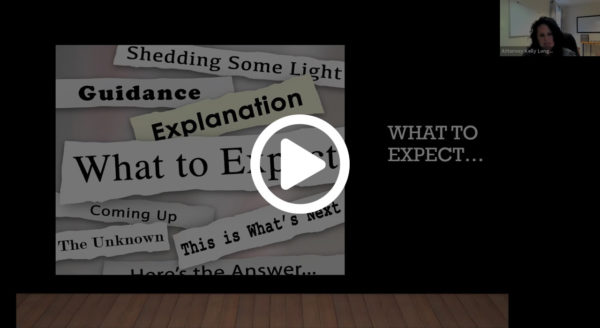Answer: True. Every state has default laws (called intestacy laws) that kick in if a person has not made their own estate planning choices. These laws are designed with a “one size fits most” situation in mind. For example, if you are married, your spouse will usually have priority with regard to making decisions and receiving your property because most married people would choose their spouse. However, there are innumerable reasons why you may not want your spouse to make certain decisions or receive certain items of property. For this reason, it is essential that you create your own estate plan and make your own decisions. If you have not created or finished your estate plan, now is the time to stop procrastinating and make an appointment with us to complete it.
If you have an estate plan, consider reviewing it in case your existing estate plan does not accurately reflect your current situation. For example, perhaps one or more of the people you chose as your trusted decision makers or beneficiaries is no longer living or able to serve, or there may be other people (e.g., a new child or a new spouse) who you want in those roles instead. When you experience a significant life event such as a marriage, divorce, retirement, change of occupation, or birth or death of a loved one, a change to your estate plan may be necessary.
Further, the ever-changing laws governing taxes and estate planning may necessitate an update to your estate plan. Even if no change is required, a periodic review with your estate planning attorney will give you peace of mind knowing that your plan will work as anticipated when the time comes.

